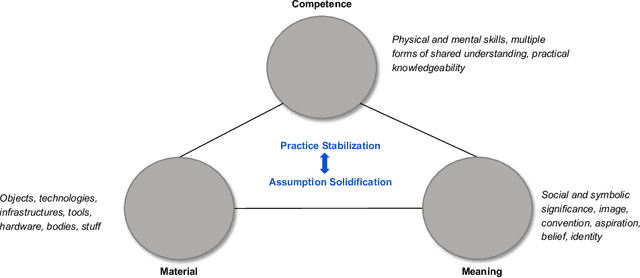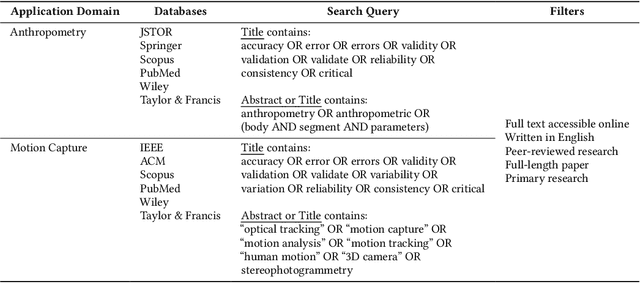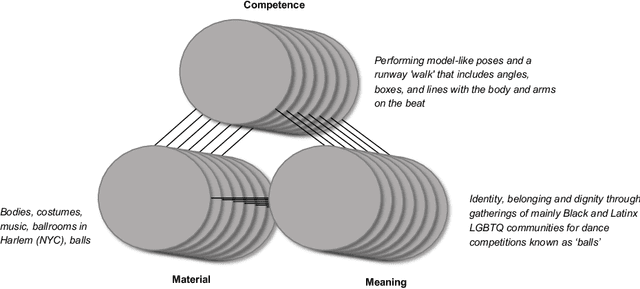Hauke Sandhaus
Privacy of Groups in Dense Street Imagery
May 11, 2025Abstract:Spatially and temporally dense street imagery (DSI) datasets have grown unbounded. In 2024, individual companies possessed around 3 trillion unique images of public streets. DSI data streams are only set to grow as companies like Lyft and Waymo use DSI to train autonomous vehicle algorithms and analyze collisions. Academic researchers leverage DSI to explore novel approaches to urban analysis. Despite good-faith efforts by DSI providers to protect individual privacy through blurring faces and license plates, these measures fail to address broader privacy concerns. In this work, we find that increased data density and advancements in artificial intelligence enable harmful group membership inferences from supposedly anonymized data. We perform a penetration test to demonstrate how easily sensitive group affiliations can be inferred from obfuscated pedestrians in 25,232,608 dashcam images taken in New York City. We develop a typology of identifiable groups within DSI and analyze privacy implications through the lens of contextual integrity. Finally, we discuss actionable recommendations for researchers working with data from DSI providers.
The Cadaver in the Machine: The Social Practices of Measurement and Validation in Motion Capture Technology
Jan 19, 2024



Abstract:Motion capture systems, used across various domains, make body representations concrete through technical processes. We argue that the measurement of bodies and the validation of measurements for motion capture systems can be understood as social practices. By analyzing the findings of a systematic literature review (N=278) through the lens of social practice theory, we show how these practices, and their varying attention to errors, become ingrained in motion capture design and innovation over time. Moreover, we show how contemporary motion capture systems perpetuate assumptions about human bodies and their movements. We suggest that social practices of measurement and validation are ubiquitous in the development of data- and sensor-driven systems more broadly, and provide this work as a basis for investigating hidden design assumptions and their potential negative consequences in human-computer interaction.
 Add to Chrome
Add to Chrome Add to Firefox
Add to Firefox Add to Edge
Add to Edge